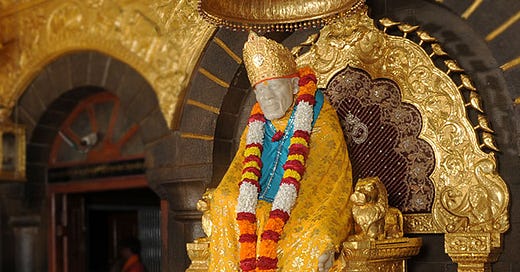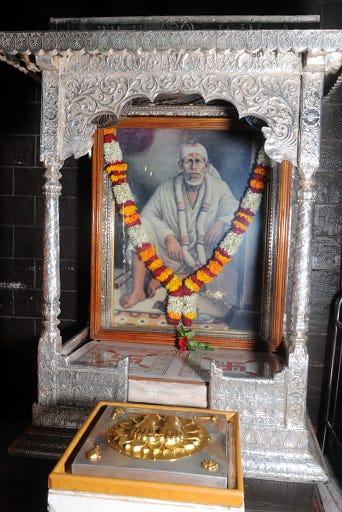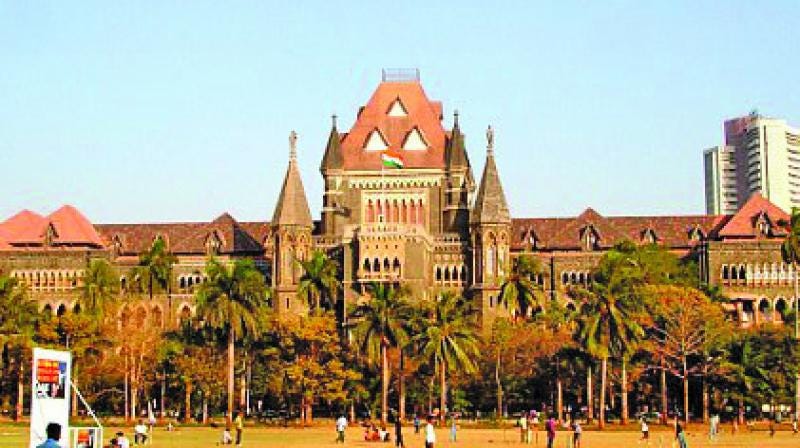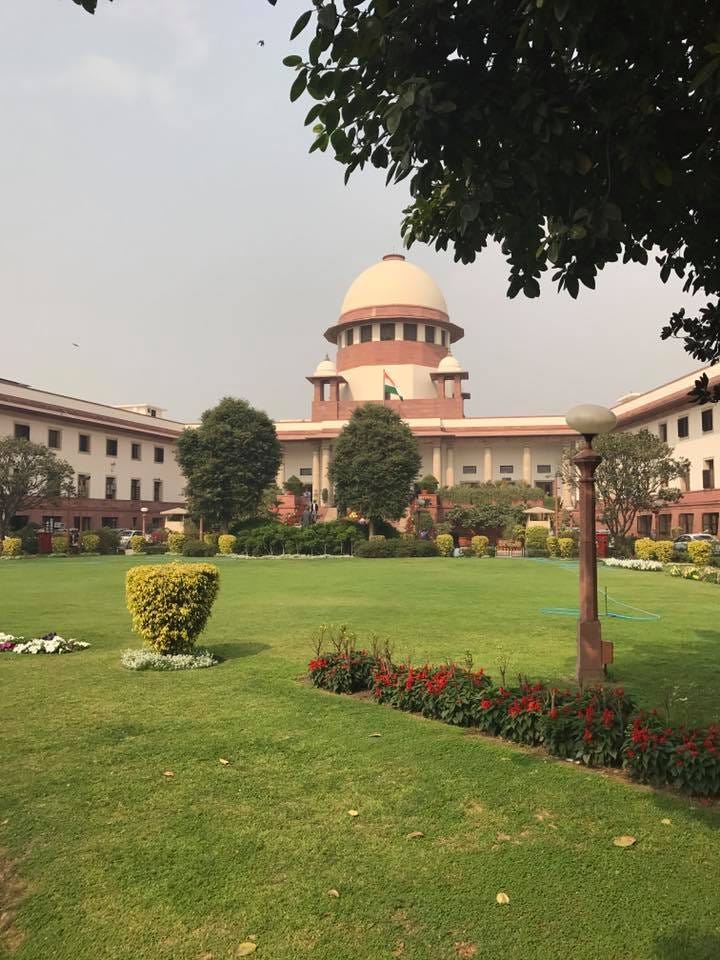Bombay HC Rules Religious-Charitable Trusts Not Liable for Income Tax on Anonymous Donations: A Potential Loophole?
Religious-Charitable Trusts and Anonymous Cash Donations: Bombay High Court Ruling in the Shree Sai Baba Sansthan Trust Case Raises Legal Implications and Money Laundering Concerns.
Religious-Charitable Trusts and Anonymous Donations
Introduction
The issue of religious-charitable trusts accepting anonymous donations has come under increasing scrutiny, especially in light of India’s evolving legal framework surrounding income tax exemptions. On 8th October, the Bombay High Court, in a detailed 34-page judgment, upheld a ruling by the Income Tax Appellate Tribunal (ITAT), confirming that the Shree Sai Baba Sansthan Trust is entitled to complete income tax exemption on anonymous donations, since it is both religious as well as charitable. This ruling has sparked significant debate regarding transparency, the risk of abuse for money laundering, and the urgent need for legislative reforms to address potential financial misconduct. In this article, we delve into these legal, financial, and regulatory concerns, while also drawing comparisons with the Supreme Court’s recent verdict on electoral bonds, further illuminating the complexities of anonymous donations and financial transparency in India.
The Sai Baba Trust Case: A Legal Overview
The High Court’s Decision
The Bombay High Court's ruling affirmed that the Shree Sai Baba Sansthan Trust’s collection of ₹159.12 crores in anonymous donations through a 'hundi' during the assessment years 2015-16, 2017-18, and 2018-19 is not taxable under Section 115BBC(1) of the Income Tax Act, 1961. The court dismissed the appeal filed by the Commissioner of Income Tax, holding that the trust is exempt from tax obligations related to these donations, as it operates for both religious and charitable purposes.
Legal Framework: Key Sections
Section 115BBC(2)(b) of the Income Tax Act provides tax exemption for anonymous donations if a trust operates for religious and charitable purposes.
Section 80G relates to deductions available to donors for donations made to certain charitable institutions but operates independently from Section 115BBC, which pertains to the tax treatment of anonymous donations.
The Trust’s Mixed Objectives
The Bombay High Court underscored that the Sai Baba Trust operates with both religious and charitable objectives, meaning it qualifies for tax exemptions under the Income Tax Act. This ruling supports the notion that religious trusts, by their nature, can engage in charitable activities without forfeiting their right to receive anonymous donations tax-free.
The Court’s Reasoning: A Close Examination
Analysis of the Trust’s Nature
The High Court meticulously examined the trust deed, the Sai Baba Trust Act, and the Bombay Public Trusts Act to conclude that the trust meets the legal requirements for both religious and charitable activities. This determination was central to granting the tax exemption under Section 115BBC(2)(b), which provides specific provisions for religious institutions.
Independence of Sections 80G and 115BBC
The High Court reiterated the independence of Sections 80G and 115BBC, emphasising that they apply to different scenarios. While Section 80G provides tax benefits to the donor, Section 115BBC focuses on the tax treatment of anonymous donations made to the trust. The Court clarified that these provisions should not be conflated, as their objectives are distinct.
Non-Disturbance of Factual Findings
The High Court also noted that the factual findings of the Income Tax Appellate Tribunal regarding the nature of the trust were based on sound reasoning and could not be overturned unless proven to be perverse or unreasonable. As such, the High Court upheld the Tribunal's findings that the trust was a religious and charitable entity, thereby justifying its tax-exempt status.
Potential for Abuse: A Critical Examination
Money Laundering Risks
While the High Court’s decision is legally sound, it inadvertently raises concerns about the potential misuse of the system for money laundering. Trusts that operate with both religious and charitable objectives could be exploited by individuals seeking to launder unaccounted or illicit funds, including “proceeds of crime” as defined under the Prevention of Money Laundering Act, 2002. By funnelling such funds into anonymous donations, unscrupulous actors could exploit the legal framework to legitimise ill-gotten wealth, particularly in cases where ostensibly religious-cum-charitable trusts are controlled by godmen (or fraudmen) with questionable antecedents.
Cash and Precious Metals: A Loophole
The ruling fails to address the specific nature of anonymous donations, many of which may be made in cash, gold, or other precious metals. These forms of donations are particularly susceptible to abuse because they are harder to trace and can easily be used to convert black money into legitimate assets. The absence of stringent controls over such donations leaves a significant loophole that could be exploited for money laundering purposes.
Legislative Reform: An Urgent Need
To mitigate the risk of misuse, there is a pressing need for legislative reform. The laws governing anonymous donations should be revised to ensure that donations, especially those made in cash or precious metals, are subject to greater scrutiny. Introducing caps on anonymous donations or requiring more detailed reporting mechanisms could help prevent money laundering without compromising the privacy and traditions associated with religious giving.
Balancing Tradition with Accountability
Any amendments to the law must strike a careful balance between maintaining the tradition of anonymous donations, particularly in religious settings, and preventing misuse for financial crime. One possible solution could be to cap the amount that can be donated anonymously or to require that large anonymous donations be reported in a manner that preserves the donor's privacy but allows for regulatory oversight.
Electoral Bonds and Money Laundering: A Related Verdict
In a parallel development, the Supreme Court of India had recently declared the electoral bonds scheme unconstitutional. The ruling came amid concerns about potential money laundering through anonymous donations to political parties, further highlighting the judiciary's growing focus on transparency and the prevention of illicit financial flows.
The Supreme Court’s decision to strike down the electoral bonds scheme aligns with its broader effort to enhance transparency in political financing. While electoral bonds were intended to preserve donor anonymity, the potential for abuse in political funding was deemed too significant a risk. This ruling signals a broader judicial trend towards greater oversight of anonymous financial transactions, be they for religious, charitable, or political purposes.
Summing Up: A Call for Reform
The Bombay High Court's ruling on the Sai Baba Trust highlights the complexities and potential vulnerabilities in the current tax laws concerning religious-charitable trusts. While the decision is consistent with the legal framework, it leaves open the possibility for abuse through anonymous donations. At the same time, the Supreme Court’s verdict on electoral bonds underscores the need for greater transparency and accountability in financial transactions across all sectors.
To address these concerns, a comprehensive review of tax laws, anti-money laundering regulations, and political financing rules is essential. The challenge lies in crafting legislation that preserves the essence of charitable giving and religious traditions while implementing safeguards that prevent abuse. This will require a multi-faceted approach that balances the need for privacy with the imperatives of financial transparency and accountability.








